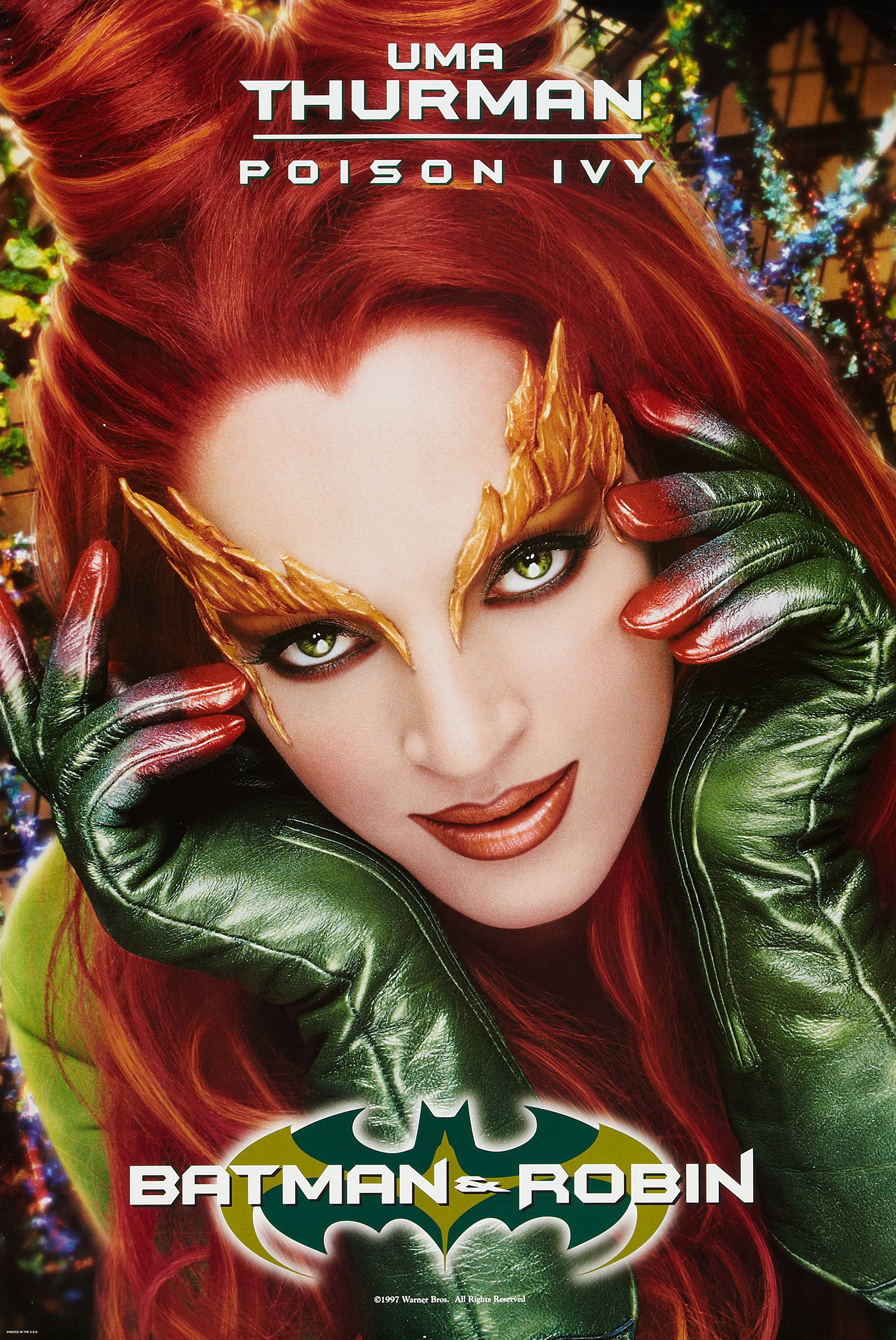Wehrwolfen
Senior Member
- May 22, 2012
- 2,750
- 340
- 48
The Fall of Journalism
By Theodore Dawes
A few notes on journalistic ethics (don't laugh!)
In the past 30-plus years I've interviewed dozens of candidates for jobs in journalism. Among the questions I always posed is this one: Why are newspapers published?
To date, no journalism school graduate has known the answer, which is, of course, to make money for the publisher.
Read more:
Articles: The Fall of Journalism


